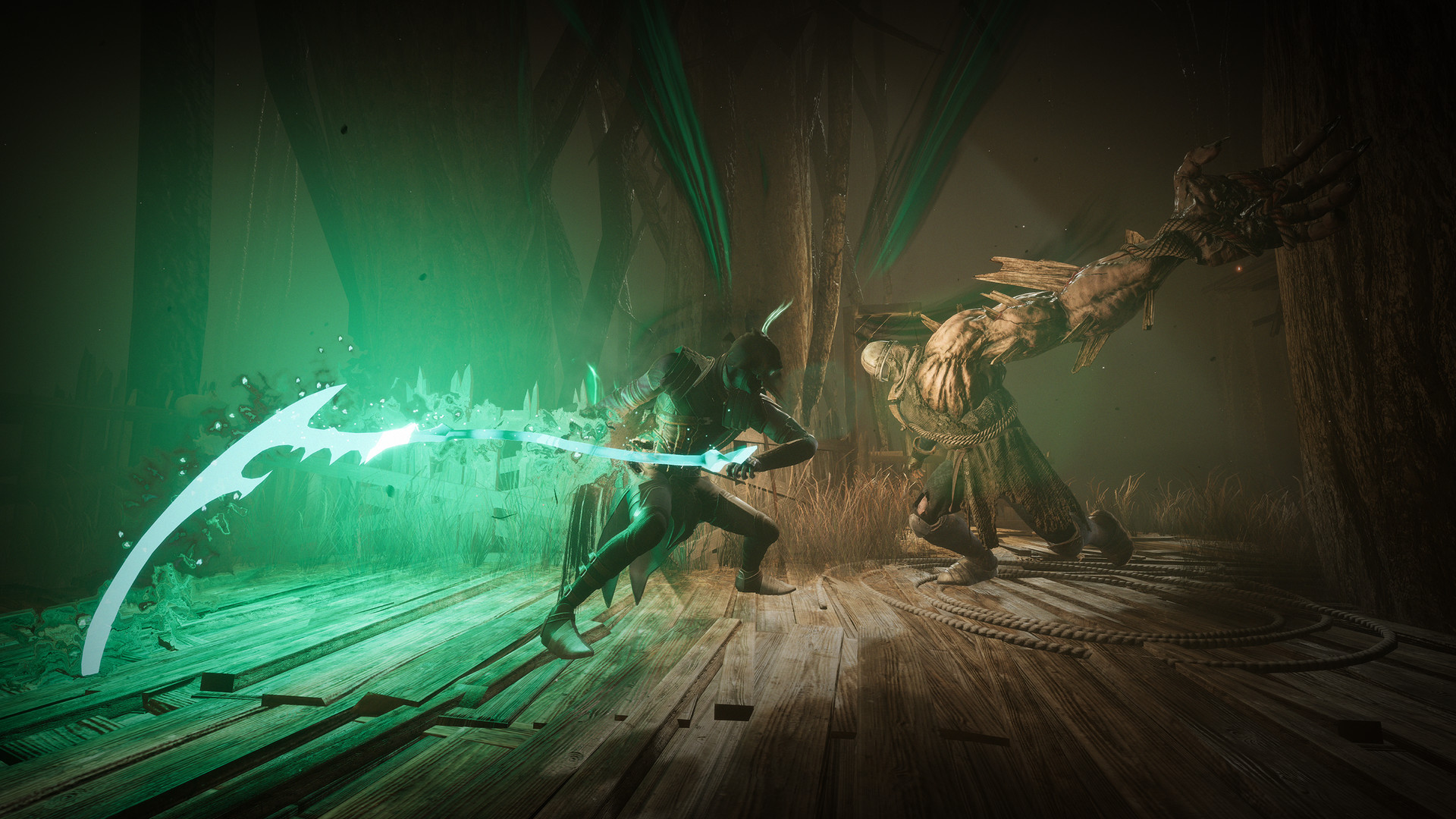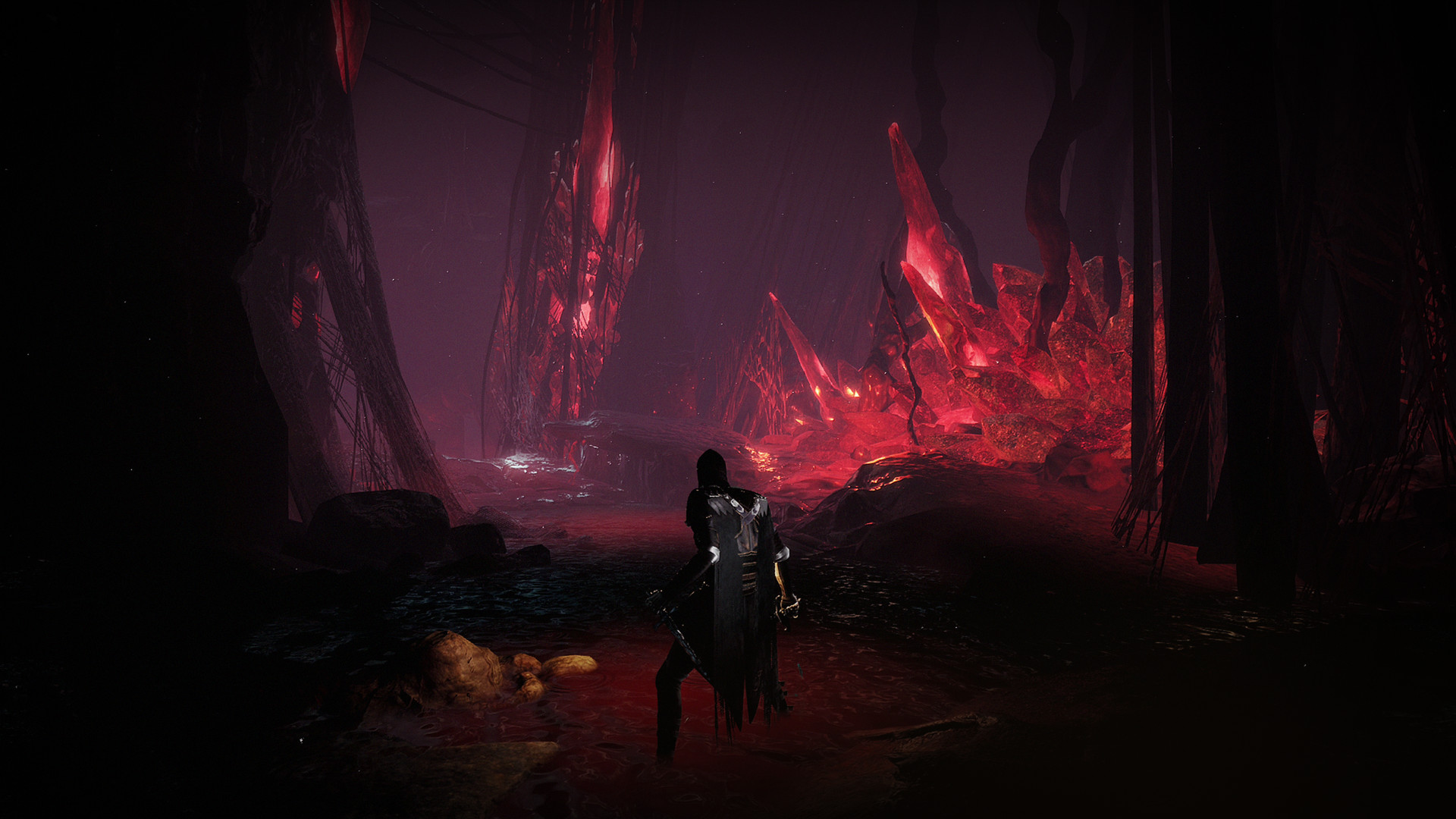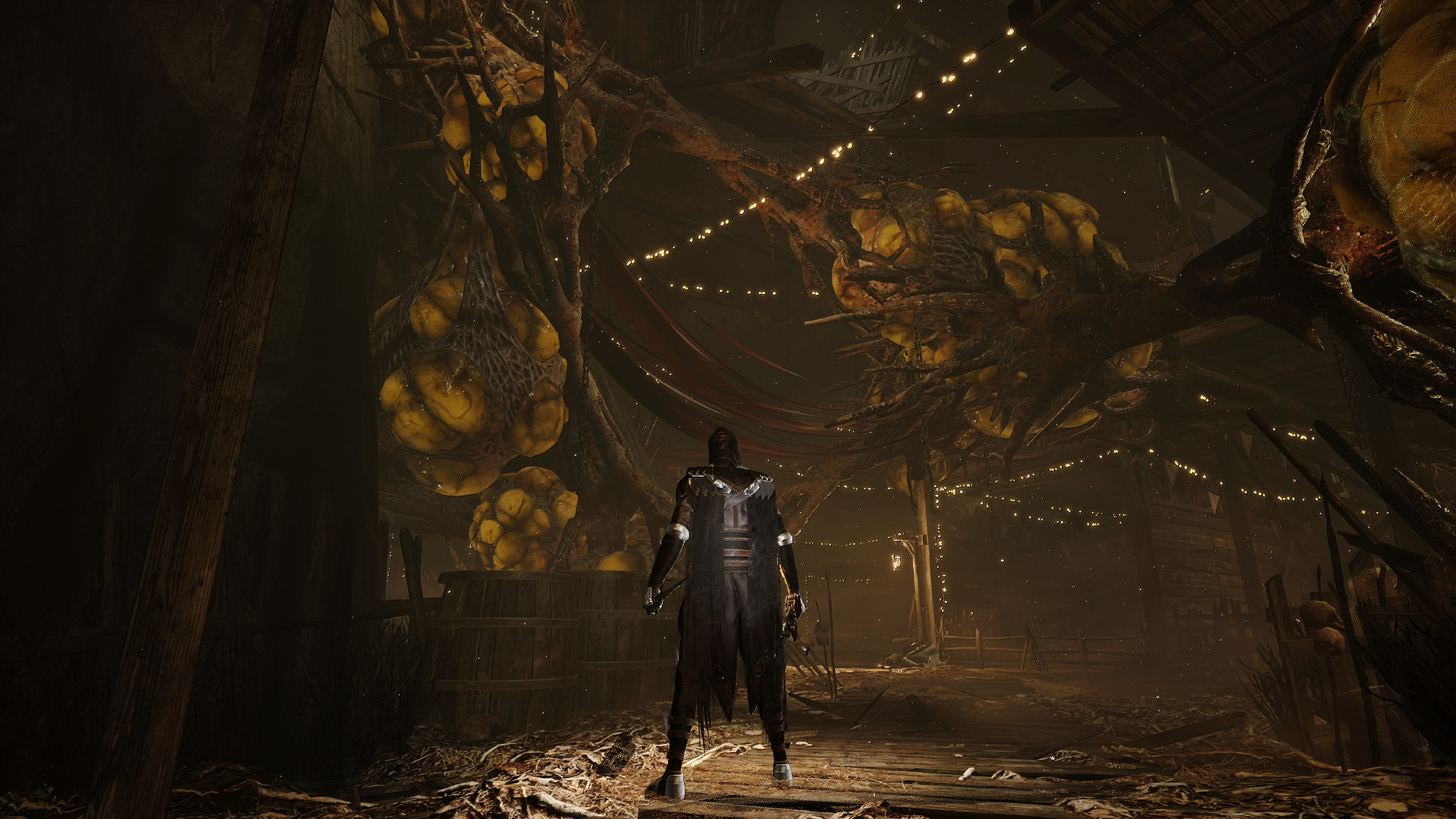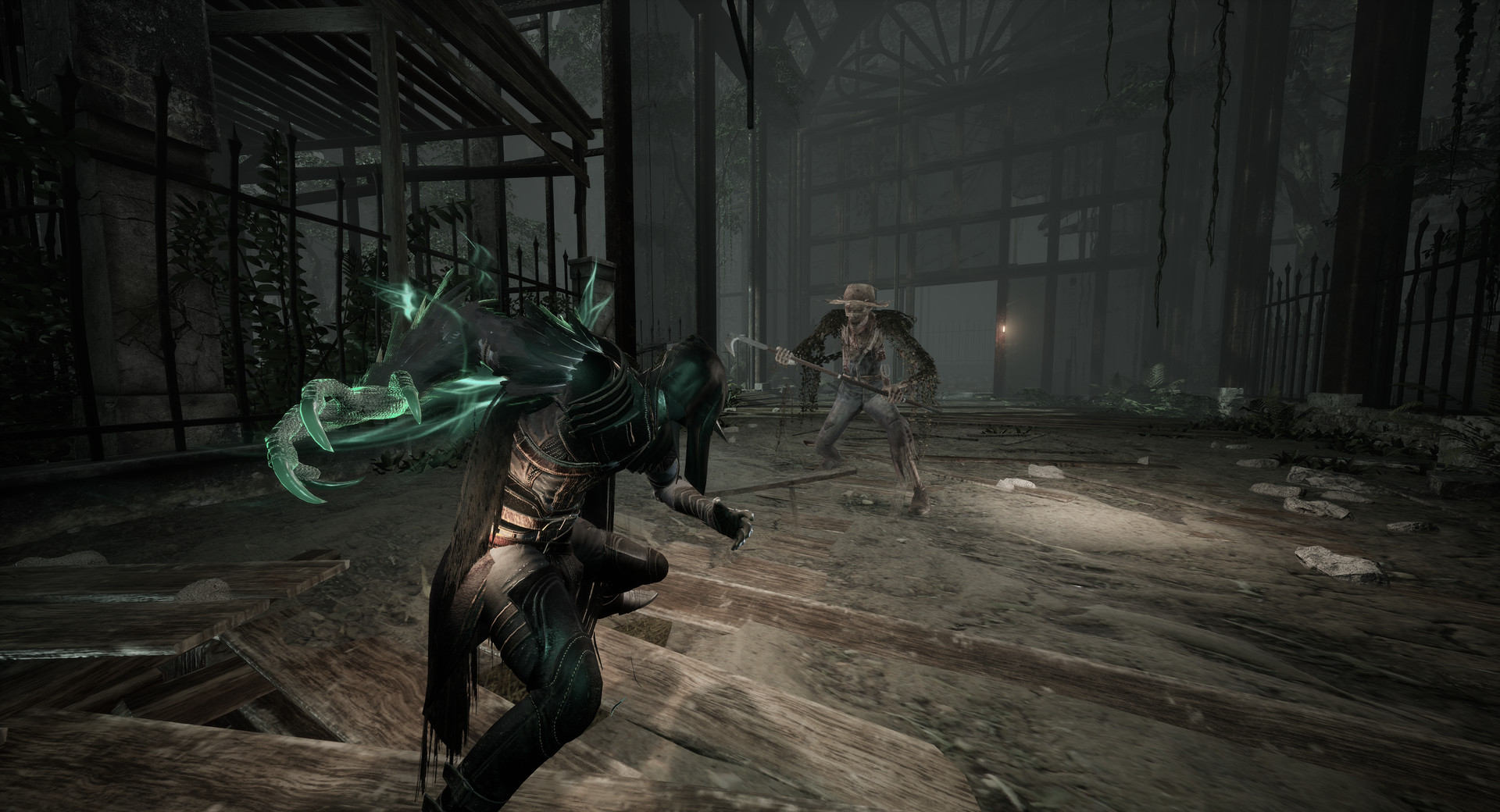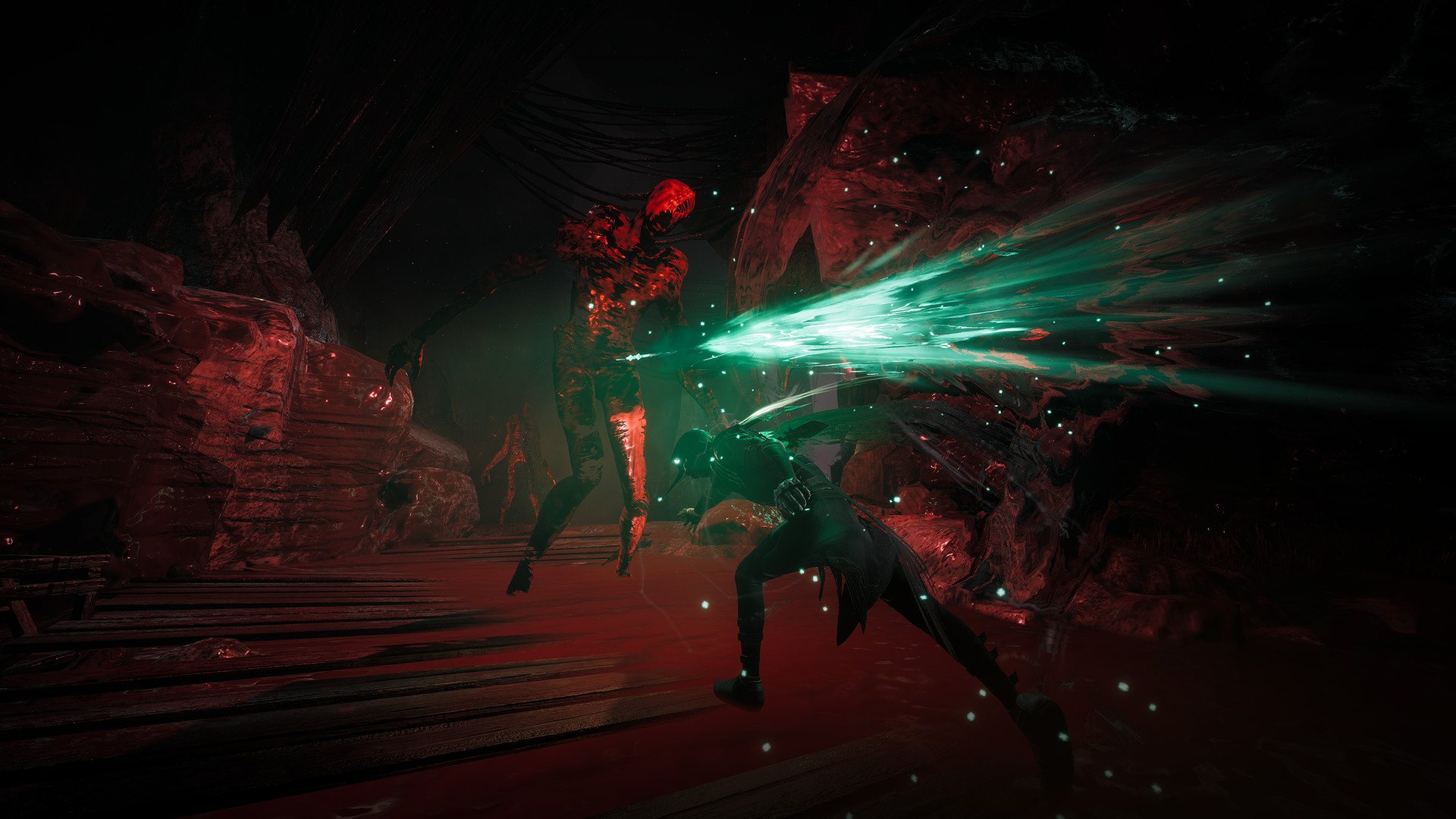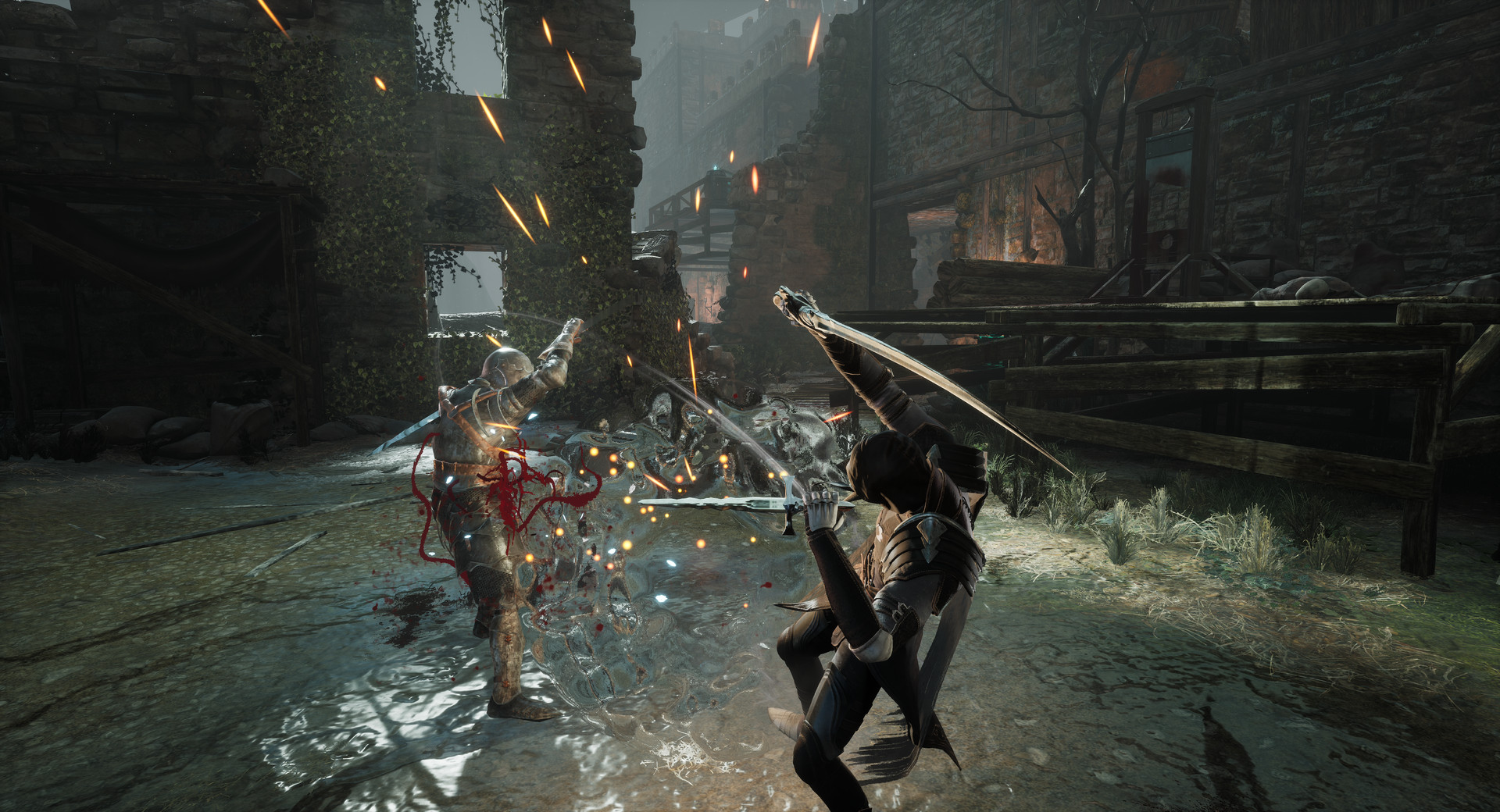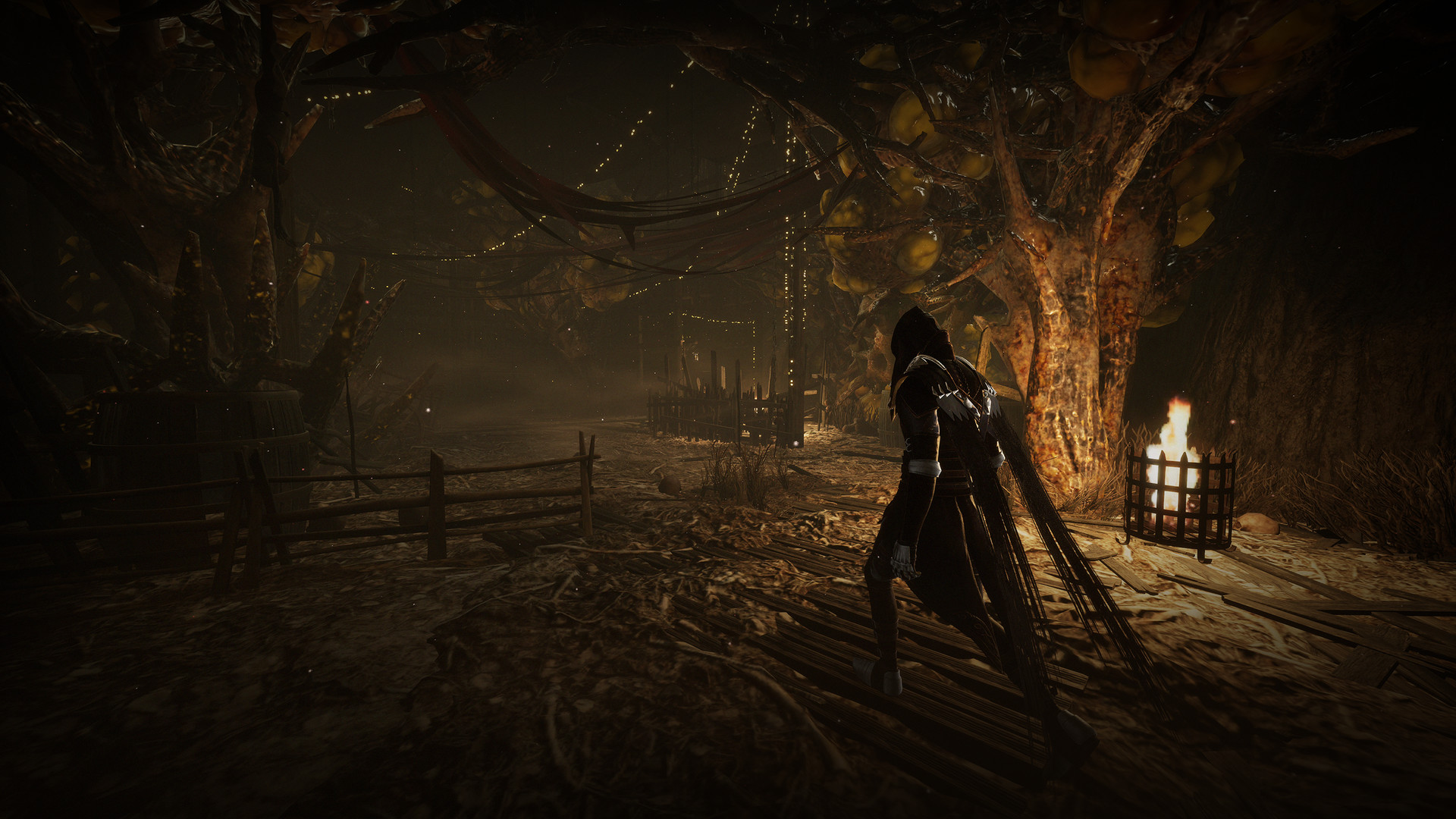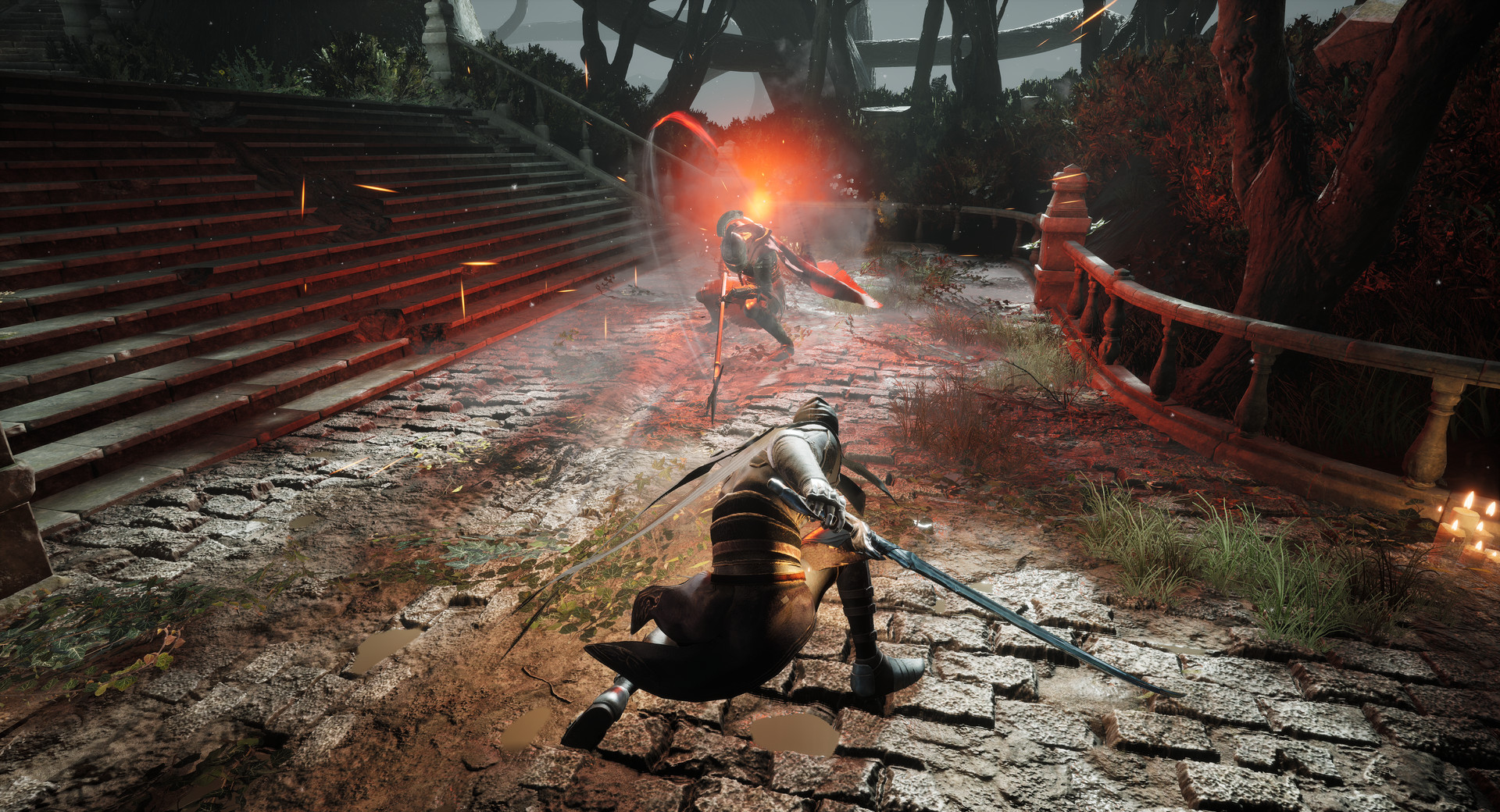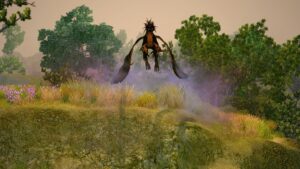
You can’t ever turn down a good new Soulslike, and with OverBorder Studio’s upcoming action RPG Thymesia, it looks like we’re going to have another one of those to dig into very soon. The game has turned heads every time it’s been shown off, with genre fans – and Bloodborne enthusiasts in particular – itching to get their hands on it. Thankfully, the game will be out soon, and ahead of its August 18 launch, here, we’re going to discuss a few key details that you should know about the game.
SETTING
One of the main drivers behind Thymesia’s comparisons to Bloodborne is its setting and the gothic horror vibe. The game is set in the Kingdom of Hermes, which was once thriving due to its advancements in alchemy, but the practice came at a catastrophic chaos, swallowing the kingdom in chaos. The realm is now crawling with hellish beasts and nightmarish creatures, disease and decay, and the few who survive have locked themselves in. It’s all very Yharnam, and if it can make good on its exciting promise, it’s going to be a solid setting for the game.
PROTAGONIST
You play Thymesia as Corvus, a mysterious man with a past shrouded in mystery, though he’s supposedly the only one who can now pull the kingdom back from the state it finds itself in. Appropriately enough for the kind of game its trying to be, it’s clear that Thymesia’s story is going to rely heavily on mystery and revealing bits and pieces through lore drops. It remains to be seen how Corvus’ own story intertwines with that, though- or how much it intertwines with that.
MEMORIES
Corvus’ past is being used in Thymesia as an interesting gameplay mechanic as well. His memories are splintered, and they’re scattered all throughout the kingdom. That, of course, means that exploring environments and finding those memories becomes key, because only with those can you understand what’s going on and unlock every mystery in the story. The Legend of Zelda: Breath of the Wild did something similar, but it remains to be seen if the idea’s execution is going to be different in Thymesia.
ENDINGS
Soulslikes are known for having multiple endings more often than not, and given that (and the fact that it seems to be evoking Bloodborne so heavily), it’s no surprise that Thymesia is going to feature multiple endings as well. Developer OverBorder Studio hasn’t talked about exactly how many endings the game will have, but we do know that which ending you get will depend on several factors, such as whether or not you’ve been able to acquire specific items, and how many of Corvus’ memories you were able to find and witness throughout your playthrough. Hopefully there will be enough variation across those endings to make them feel meaningfully different, because that can be a bit of a hard balance to strike.
COMBAT
Enough about the game’s world and story though. Let’s get down to the meat and potatoes of the experience, which, like any other Soulslike, is the combat. While Thymesia is very heavily reminiscent of Bloodborne in terms of its setting and tone, when it comes to the combat, it’s much more similar to something like Sekiro: Shadows Die Twice- in style, at the very least. Encounters rely largely on fast and frantic melee and ranged attacks, with quite a bit of emphasis placed on dodges and parries. Essentially, it looks significantly faster than the typical Soulslike. Whether or not it’s actually fun to play once you get your hands on the controller remains to be seen, though we’re certainly keeping our fingers crossed.
PLAGUES
Here’s the central mechanic in Thymesia– or at least the central mechanic in the game’s combat system, at any rate. The Kingdom of Hermes is ridden with diseases and pestilence, but Corvus has the unique ability to turn them to his advantage and use them as very literal weapons against his foes. Bosses and special enemies will carry different plagues that you’ll be able to take for yourself after defeating them, and then use in the form of different weapons, like claws, scythes, and more. It sounds like a novel concept, so hopefully Thymesia will be able to execute it well.
RAVEN
Another unique ability that Thymesia will feature in combat is being able to shift your form. Corvus can turn into a raven during combat, and in this form, he has access to several useful abilities, like performing executions, interrupting enemy attacks, throwing dagger-like feathers at foes, and more. There are some important things that haven’t been mentioned yet- like whether or not the game will place any kind of a limit on how frequently and freely players will be able to use this ability, or if it’s going to be used for exploration and traversal purposes as well. If the game gets those details right though, it could be an interesting mechanic.
ENEMIES
Enemy design and variety is crucial in any combat-focused game, but that’s doubly true for Soulslikes. Boss battles are the bread and butter of this genre, and Thymesia seems promising on that front in particular, given its bosses and special foes who carry diseases and use them as weapons. From what we’ve seen of the game so far, the more regular enemies are going to put up plenty of challenge as well- which, of course, should work well with the more fast-paced nature of the game’s combat.
PROGRESSION AND BUILD VARIETY
This is another area where Thymesia distances itself from Bloodborne. While the latter was famously much less focused on build variety than FromSoftware’s previous games had been, Thymesia is promising much greater flexibility. According to the developers, players will be able to play in a variety of different ways by being able to upgrade and modify Corvus’ movement and abilities in different ways, and having multiple plague weapons to use and upgrade. On paper, it sounds like Thymesia will allow a much greater degree of freedom in building your character in a variety of different ways, so hopefully, there will be enough depth to the progression systems to make good on that promise.
PC REQUIREMENTS
When Thymesia launches a few days from now, it will be available on PS5 and Xbox Series X/S as well, but many in the PC audience will be glad to know that the game isn’t going to be a very demanding one on their platform of choice, from a specs point of view. On minimum requirements, Thymesia will need either an Intel Core i5 or an AMD Ryzen 5, along with either a GeForce GTX 950 or a Radeon HD 7970, and 8 GB of RAM. On recommended settings, meanwhile, the game requires either an Intel Core i7 or an AMD Ryzen 7, along with either a GeForce GTX 1060 or a Radeon RX 580, and 16 GB of RAM. On either setting, you’ll need about 16 GB of free storage space.








